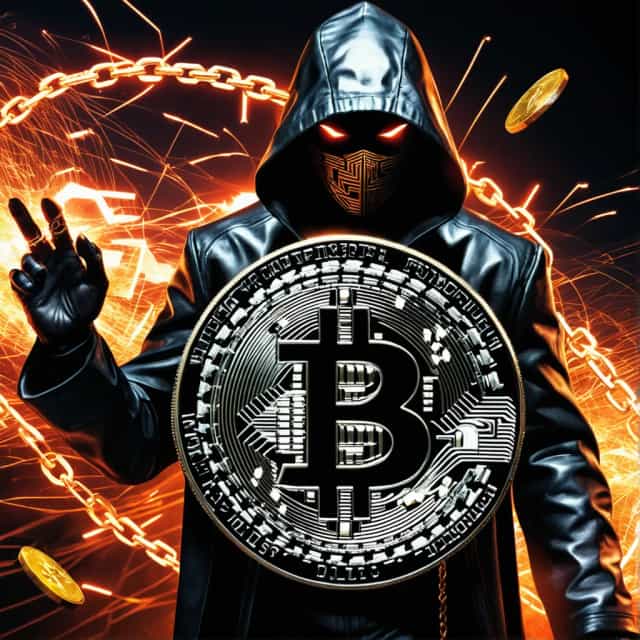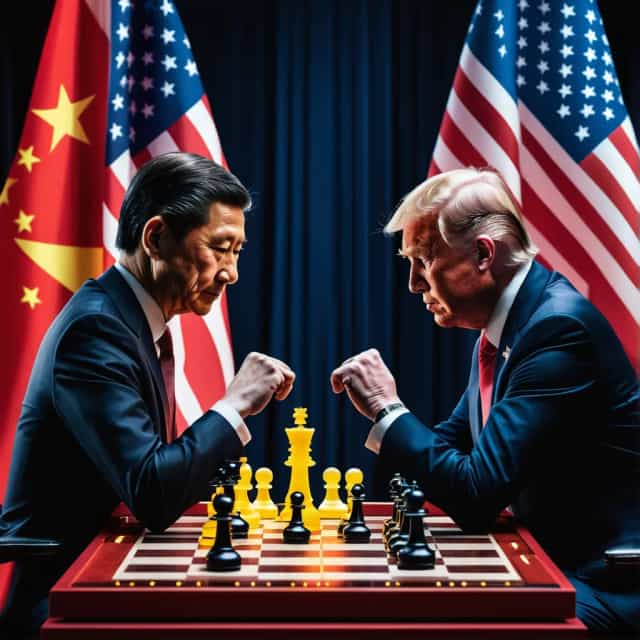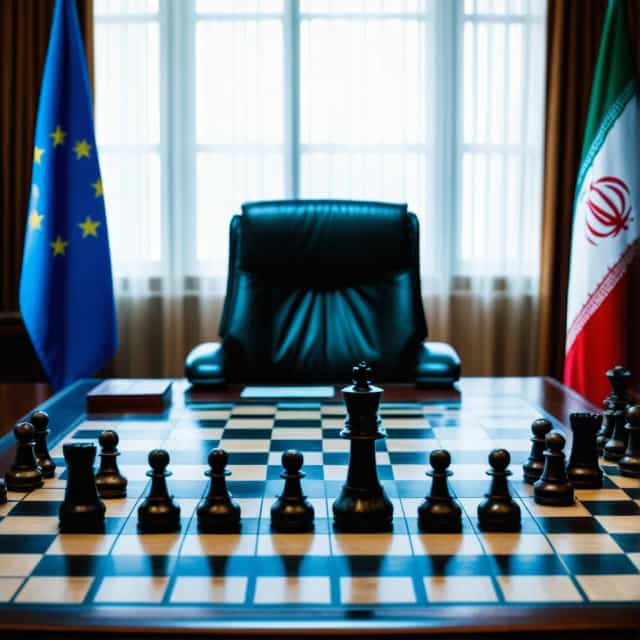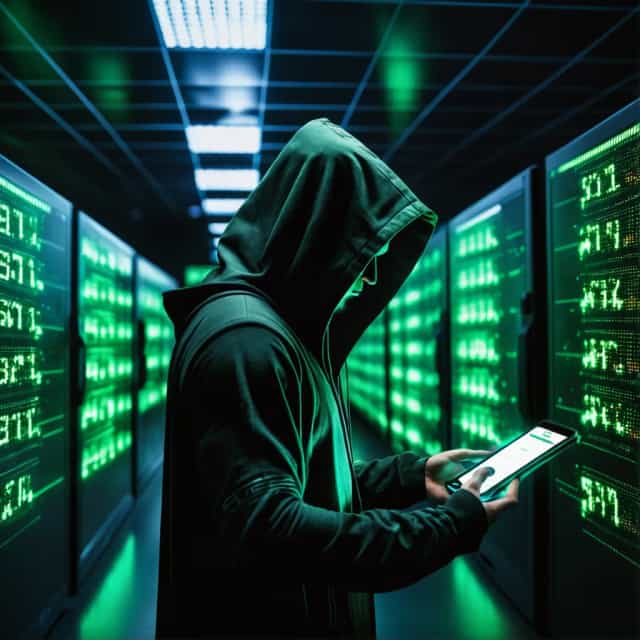
출처: Block Media
TikTok Divestment Deadline Looms Amid U.S.-China Negotiations and National Security Concerns
Trump Administration’s Extended Deadline Strategy
In 2020, then-President Donald Trump signaled the possibility of yet another extension for the divestment deadline of TikTok’s U.S. operations by its Chinese parent company, ByteDance. If granted, this would mark the fourth deadline push within the year.
During a press briefing on December 13, Trump took a noncommittal stance, raising questions about the app’s future in the United States. He remarked, “We may let it [TikTok] die, or we may not. It all depends on China.” While his statement lacked clarity, it underscored the app’s precarious position amid escalating geopolitical tensions.
Initially, the administration had mandated ByteDance to either divest TikTok’s U.S. operations or exit the American market entirely. The original timeline was set for January 2020, but subsequent extensions pushed the deadline to April, then June, and later to September. In the most recent update, the divestment deadline was scheduled for December 17. Political and strategic reasons appear to have driven these repeated delays as the issue intertwined with broader U.S.-China trade negotiations.
Concerns Over TikTok’s National Security Threat
TikTok has been at the center of bipartisan scrutiny over its alleged national security risks. Lawmakers from both major U.S. political parties have expressed deep concern about ByteDance's data practices, warning that the Chinese government could exploit the platform to collect sensitive personal information from American users or sway public opinion. These security fears align with broader apprehensions about technology firms with ties to Beijing.
Washington-based experts emphasize the urgency behind resolving TikTok’s status swiftly, citing dissatisfaction regarding the repeated deadline extensions. A growing number of legislators argue these delays signal leniency toward the Chinese company, further stoking calls for stricter measures.
Moreover, TikTok has emerged as a diplomatic flashpoint within long-standing U.S.-China trade talks. High-level discussions aimed at resolving trade disputes have, for the first time, included deliberations about TikTok. On the U.S. side, prominent figures such as Treasury Secretary Steven Mnuchin and Deputy Trade Representative Jamieson Greer have participated, while China’s delegation has featured Vice Premier He Lifeng and Vice Minister of Commerce Li Chenggang—a testament to how steep the diplomatic stakes have become.
TikTok’s Political Influence and Trump’s Strategic Calculations
Beyond national security and trade concerns, TikTok’s immense influence among U.S. users—reportedly 170 million Americans—adds a layer of political complexity. Analysts argue that President Trump’s handling of the issue reflects his consideration of TikTok’s potential electoral ramifications.
TikTok played a role in Trump’s reelection strategy during the 2020 campaign, acting as a medium to reach younger voters. Fully banning the app could provoke backlash from this key demographic, which represents a substantial portion of TikTok’s active user base. Younger voters were instrumental during crucial election moments, and Trump’s administration appears to have approached the TikTok controversy cautiously to avoid alienating them.
These underlying political considerations likely contributed to the repeated deadline extensions, allowing the administration to navigate the precarious intersection of national security, diplomacy, and domestic politics.
Uncertainty Persists as Deadline Approaches
As the December 17 deadline loomed, TikTok’s fate remained in limbo. Negotiations between Washington and Beijing continued, with analysts closely tracking their progress. The app's resolution, whether through divestment or other measures, embodies broader tensions in U.S.-China relations while influencing domestic political dynamics.
The uncertainty underscored TikTok’s nuanced role—one embedded in geopolitical rivalries, national security priorities, and generational political engagement. Policymakers and observers awaited clarity on the app's future amid rising calls for decisive action.










